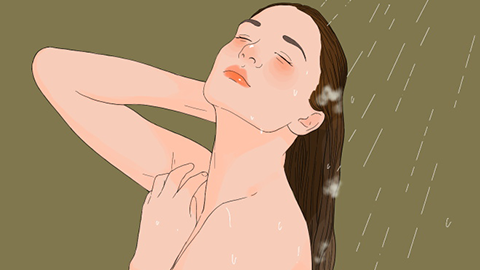How long after cataract surgery can you take a shower?
Generally speaking, when a patient can take a shower after cataract surgery mainly depends on the healing progress of the incision. Most patients need to wait 3 to 7 days. Detailed information is as follows:
Although the surgery is minimally invasive, it still leaves a transparent corneal incision of about 2 mm. Premature exposure to water may allow pathogenic microorganisms to enter the eye backward, potentially causing infectious endophthalmitis. Therefore, complete avoidance of water is required within the first 72 hours post-surgery. For facial cleansing, use a well-wrung damp towel to gently wipe the forehead and cheeks, and wear a medical waterproof eye shield.

On days 3 to 5, if slit-lamp examination shows the incision is well sealed with no leakage, brief showers may be permitted. Water temperature should be maintained around 38°C (100°F), and shower duration should not exceed 10 minutes. Keep your eyes tightly closed throughout to prevent shampoo or body wash from splashing into the eyes. Bathing in a tub or prolonged steam baths are still not recommended during this period.
From days 5 to 7 after surgery, once an ophthalmologist confirms that the epithelium has fully covered the incision, normal showering habits may gradually resume. However, rubbing the eyes vigorously must be avoided. For one month after surgery, swimming, hot springs, saunas, or any activity involving prolonged immersion in water or exposure to high heat and humidity remain prohibited to prevent incision softening or infection.
When cleaning the hair, consider lying supine and having a family member assist with rinsing, or use an alcohol-free dry shampoo spray for temporary oil control. Choose bathing products with a weakly acidic, fragrance-free formula to minimize chemical irritation. As part of routine postoperative care, continue using antibiotic eye drops such as levofloxacin or tobramycin to prevent infection. If symptoms such as eye redness, pain, increased discharge, or sudden vision loss occur after showering, discontinue all water contact immediately and seek medical attention.
Wear UV-protective sunglasses when going outdoors, and include dark-colored vegetables rich in vitamin A and lutein in your diet to support corneal healing and retinal protection.








